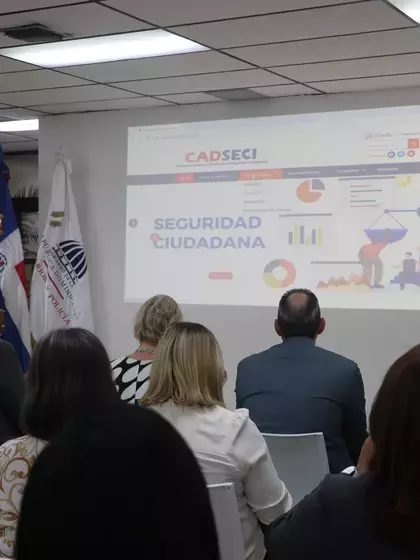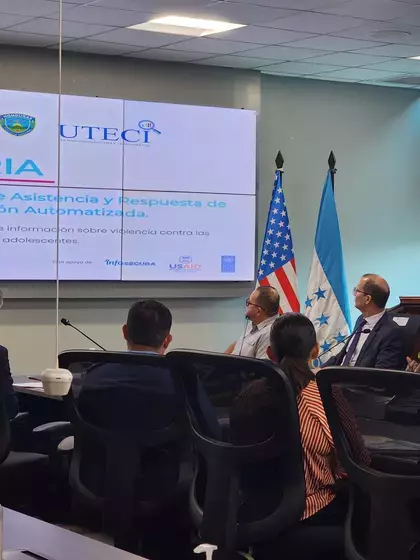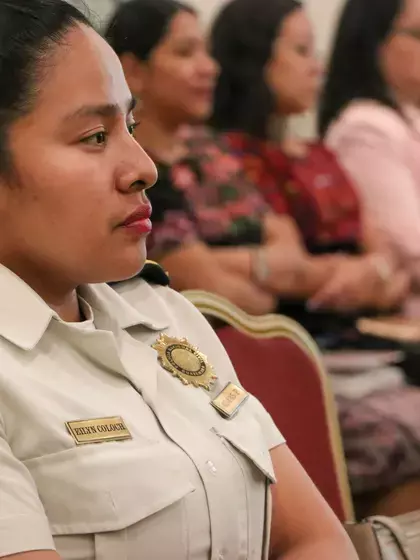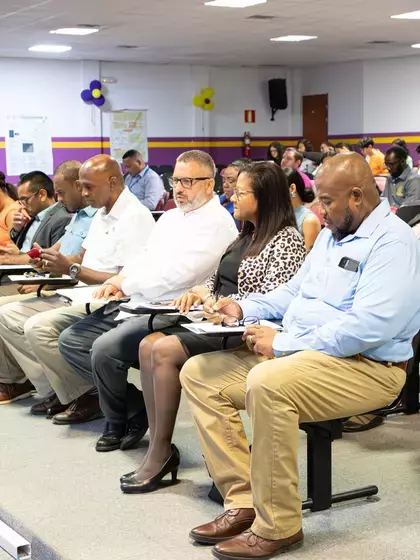Rise in the levels of trust and the perception of citizen security in the Dominican Republic
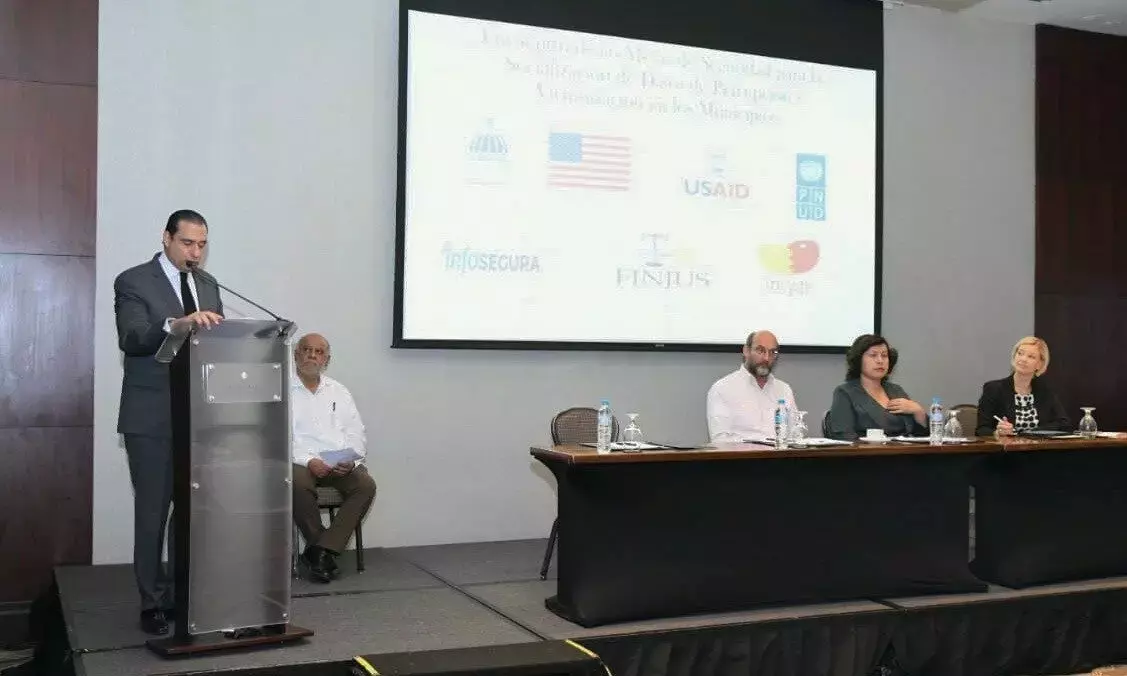
The Institutional and Justice Foundation (FINJUS), the United States Agency for International Development (USAID) and the United Nations Development Programme (UNDP), through the InfoSegura Regional Project, presented the results of the "Survey on perception and victimization of security in municipalities," evaluating the levels of perception of victimization in over 50 neighbourhoods in 11 of the most important cities in the country.
"Nothing is as effective in reducing the cost and increasing the effectiveness of citizen security interventions as timely and effective information management," explained FINJUS executive Vice President Servio Tulio Castaños Guzmán.
FINJUS presented the changes in institutional trust and the levels of perception, violence victimization and criminality between the February and November 2022, as expressed by the population in the neighbourhoods surveyed as a result of the National Integral Strategy for Citizen Security (ENISC) "My Safe Country," executed by the Government of the Dominican Republic.
Santiago, Barahona, Santo Domingo Este and Distrito Nacional were the municipalities where respondents reported a greater improvement, with increases of 9.8%, 6.3%, 5.9% and 4.6% respectively, in their levels of trust in the institutions and their perception and victimization. Some 300 randomly selected people were interviewed in each of the sectors surveyed.
UNDP Resident Representative in the Dominican Republic Inka Mattila, stated that: "This study is part of our InfoSegura Regional Project, which we have been implementing with USAID since 2014, with the aim of accompanying governments in the design and implementation of public policies based on data and evidence to promote citizen security and a culture of peace based on citizen coexistence and social cohesion." In addition, the agency presented an online dashboard based on POWER BI that enables key working group members to conduct dynamic analysis of perception and victimization data.
Jeff Levine, supervisor of USAID's Youth Education and Security office, and Angela Jáquez, Vice-Minister of Interior and Police both pointed out the virtues of the tool and usefulness of the data presented and reaffirmed their commitment to continuing to support the effective management of the local security, citizenship and gender roundtables.
The survey was done in collaboration by the Ministry of Interior and Police, the United States Agency for International Development (USAID) and the United Nations Development Programme (UNDP) through the InfoSegura Regional Project, as well as the Institute for Security and Democracy of Mexico (INSYDE) and the Institutional and Justice Foundation (FINJUS).

